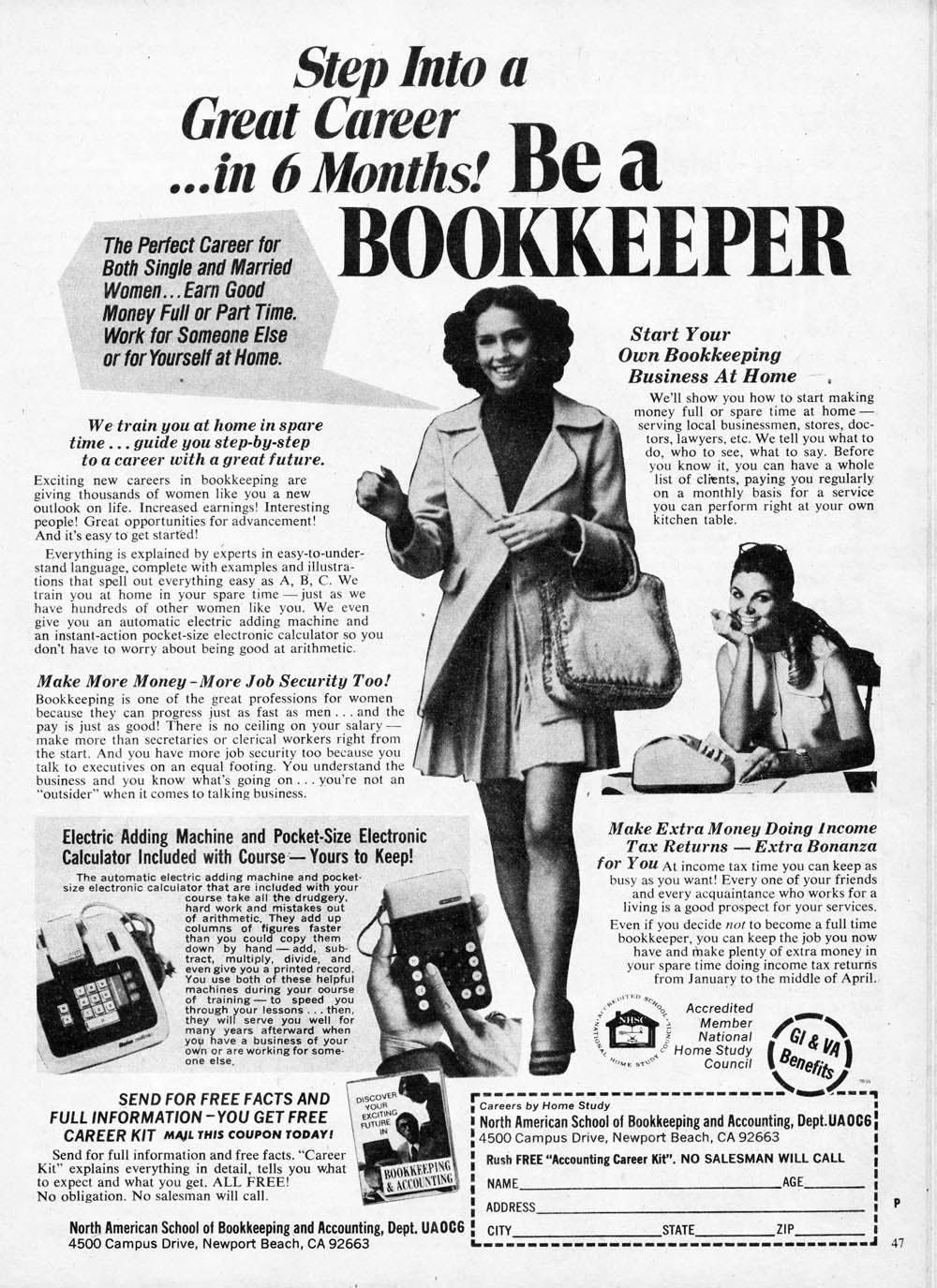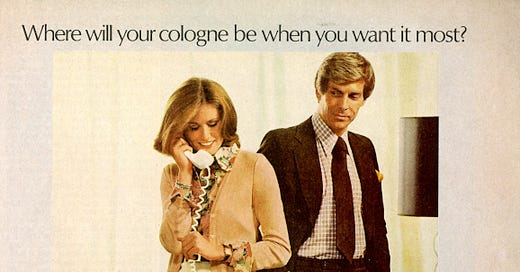If you grew up in the 70s-90s, as I did, do you remember a faint yet commanding ideology that hormones had nothing to do with a woman’s behavior, personality, moods, or ability to perform her job? There was kind of a collective social denial that women went through a second puberty, which I believe grew out of the women’s rights movement in efforts to create a defense for women “past a certain age” in the workplace, and to reduce the weaponization of these kinds of accusations. “A woman can’t be a leader because she’s too emotional” kind of bullshit. I tried to Google the phenomena quickly for some insight, but only got pages and pages of articles on hormone replacement therapy, which was an interesting, albeit completely off-base, answer to my question. But I don’t need Google to know that historically we were determined ruled by our biology, then we were completely detached from it, and now we’re possibly trying to course-correct on all of this. Phew. Who else is exhausted?
I have to admit I have a lot of mixed feelings about this as I approach 50. It feels like a bit of a sentencing, in a way. This giant void that I’m careening toward, filled with even more anxiety, cognitive dysfunction, and dried up body parts than I already suffer from and there is no way to put on the brakes. (Except maybe HRT if I can find the right doctor and if my insurance covers said doctor and/or HRT in the first place–who has time for this bs?) Although I’m not a huge fan of my aging body, it’s the cognitive threats that scare me more. And I don’t want to go into it simply saying “it is what it is” and then fade away into the second half of my life with a paunchy stomach and the inability to recall the right kid’s name at the right time. (Already there, folks.)
When I was in my 20’s, I started to notice the effects of birth control on my moods and anxiety. I’d been on birth control since about sixteen, and hadn’t any (noticed) issues until after I had children, all three of which were before I was 30. Of course, life itself was a pressure cooker, and I do believe circumstances have a place in this conversation also. I didn’t have any time to myself, I didn’t exercise regularly, sleep was but a theory, and I had no friends. It was a perfect storm of anxiety and depression to begin with, but I began feeling a scary increase in anxiety in particular, after starting a new birth control after my third (last) baby was born.
I told my doctor it was “making me feel crazy”, which looking back was probably the worst way to describe anything about myself to my male OBGYN because he then 100% acted like I was crazy. I’ve never felt more dismissed than at that appointment. And instead of trying yet the next new BC he prescribed, I asked my then-husband if he’d consider a vasectomy, which was met with a resounding “hell no”. So I went on a sex-strike. The best thing about this nonunionized, wildcat strike was that not only did I not get pregnant again, I learned how to listen and pay attention to the cycles of my body. I became so good at understanding what was going on inside me, invisible to the rest of the world, that once the sex-strike finally ended (quite a bit longer than I care to admit) I knew exactly when and when not to engage. And I never had those birth control-induced feelings again.
Don’t get me wrong–anxiety, mood swings, anger, dullness, depression all still course through my life in ebbs and flows, are certainly connected to my cycle, and especially impacted through severe circumstances, but that very particular feeling of “crazy”--a feeling that at the time I had no explanation for, or understanding about how to even talk about it–hasn’t returned. I have a better vocabulary now, and more experience to know that severe anxiety can make you feel completely out of control of your own mind and body—like you are legitimately losing your mind. This remains a part of my makeup–I am an anxious person–but the birth control (and probably post-pregnancy body) compacted it, amped it up in a way that made it unfamiliar and untenable.
Pre-women’s movement, I’m sure I would have been diagnosed as hysterical. Post-women’s movement: it was all in my imagination. Today: This is a real thing, with real solutions. I can’t help but wonder if this had been a man’s issue if we would have arrived here a lot quicker.

Hormones have power. Much of it is great power. We can grow entire humans in our bodies, we can have vibrant and fulfilling sex lives, we’re dynamic in our personalities and accomplishments because of our biology. When hormones begin to drop, it seemingly threatens the legitimacy of these particular powers.
In reality, the power shifts. Maybe a better way to say that is that we have to make a conscious effort to shift our perspective on what we consider our powers. I can’t grow babies anymore (nor do I want to), but I can grow writing projects with the significant amount of brain and heart space that has been freed now that those babies are grown. Yes, it can still be hard–perimenopause brain fog is just as real as pregnancy brain fog. There are some challenges we still have to work with. But thank goodness we can now talk about it with more open minds and more access to knowledge, and we can work to find solutions (or at least some relief) for it. And thank goodness I never have to go on a sex-strike ever again.
PS: I do not blame the women’s movement one bit for some of the negative outcomes. Cultural shifts happen, much of which you can witness in advertising. I’m grateful I wasn’t raised in this world.




